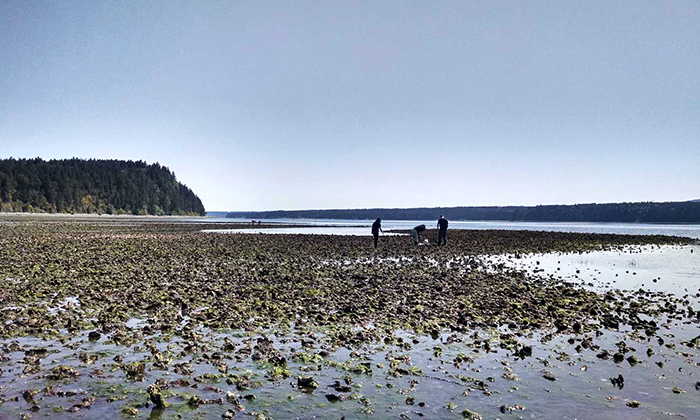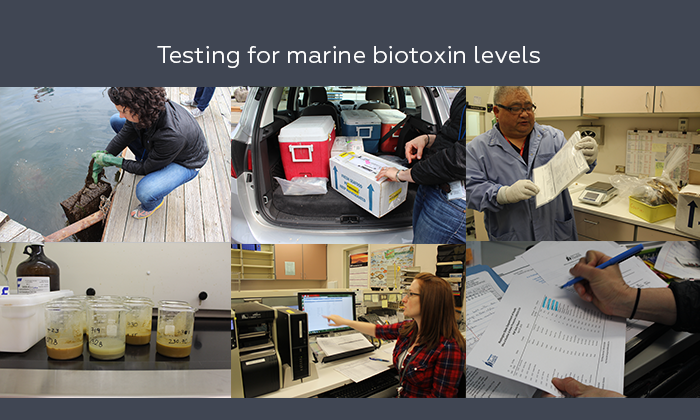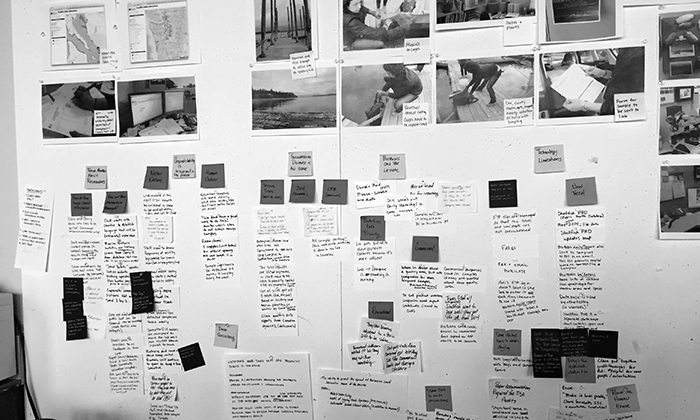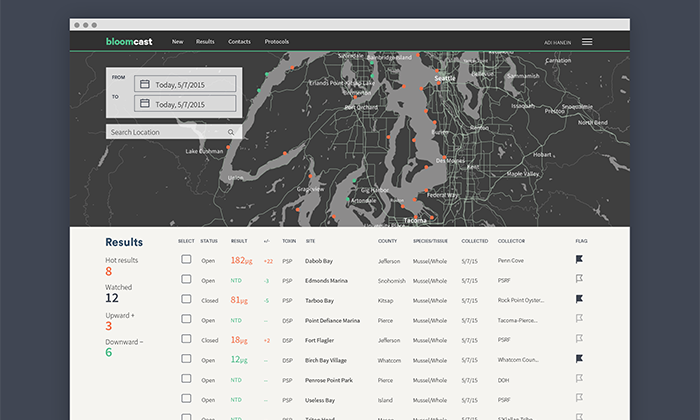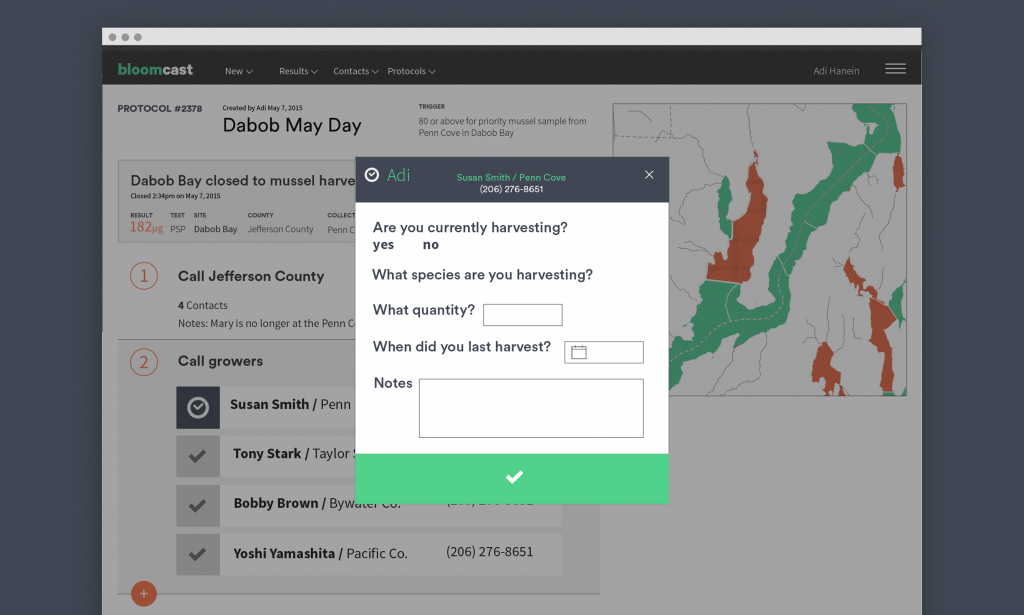
Common Ground
For years, Seattle has been ranked as one of the fastest growing large cities in the US. This growth has presented challenges to maintain livability standards, especially when it comes to the need for increased urban density. While demolition and construction are ways to address this issue, many citizens react negatively to the changing fabric of their neighborhood—regardless of potential benefits. Studies in community and environmental psychology show that the earlier citizens are brought into the development process, the likelier they are to view the proposed project as a positive change. Currently, the city of Seattle’s “Design Review” program allows citizens to do just that—but some find it confusing, time consuming, or simply don’t know that it exists. This project tracked the steps in the current process and identified opportunities to better engage the public in the development and construction of future multi-family and commercial buildings.
Designer
Erin Wilson



Tinker Troop
When first proposed the question of how to foster girls’ interest in STEM careers (especially in low-income families) our research began at an early age. Girls are interested in STEM subjects, but there’s a significant decline between middle school and high school graduation. Looking at teen girls’ career interests, their top choice is medicine/healthcare (a STEM field) — a finding that makes sense given they’re also very interested in careers focused on helping people. These same girls are significantly less interested in engineering and computer science, and there’s an opportunity to show girls that tech-oriented careers are helpful to people, too. By creating a low-cost lesson kit that challenges girls to help others through stem, TinkerTroop aims to foster their interest in a multitude of STEM fields.
Group Member 1: Joe Sparano (Mdes grad student)
Group Member 2: Josh Klekamp
Designer
Erin Wilson



Fiddlebright
Over 300,000 Alzheimer’s patients in the U.S. are given antipsychotics, which not only further erases their identity and independence but can increase the risk of death. How might we best employ methods of alternative therapy for Alzheimer’s patients to reduce the reliance on antipsychotics and improve overall well-being? Fiddlebright is a soft, weighted pillow that plays music based on memory stages and emits soothing light therapy to late stage Alzheimer’s patients. An accompanying app creates playlists for caregivers, allows them to share personal playlists with the Fiddlebright community, or set the pillow to play relaxing music for patients when it is time to rest.
Group Member 1: Charlotte Ziob
Designer
Erin Wilson





Bloomcast
Bloomcast is a collaborative tool for the WA State Department of Health’s Shellfish Safety Program. WA State is the leading producer of shellfish in the nation, and the Shellfish Safety Program monitors the harvesting of all commercial and recreational shellfish for the presence of harmful marine biotoxins. Because biotoxins pose a serious public health concern, the team needs to be able to test for unsafe levels of biotoxins and urgently communicate shellfish harvest closures. Through methods of contextual inquiry, we observed the workflows and use of artifacts in the team’s process, tracing the journey of the shellfish from the waters of the Puget Sound to the lab. Our result was a concept for a web-based tool to support the team’s capacity for predicting and communicating closures.
Team Members
